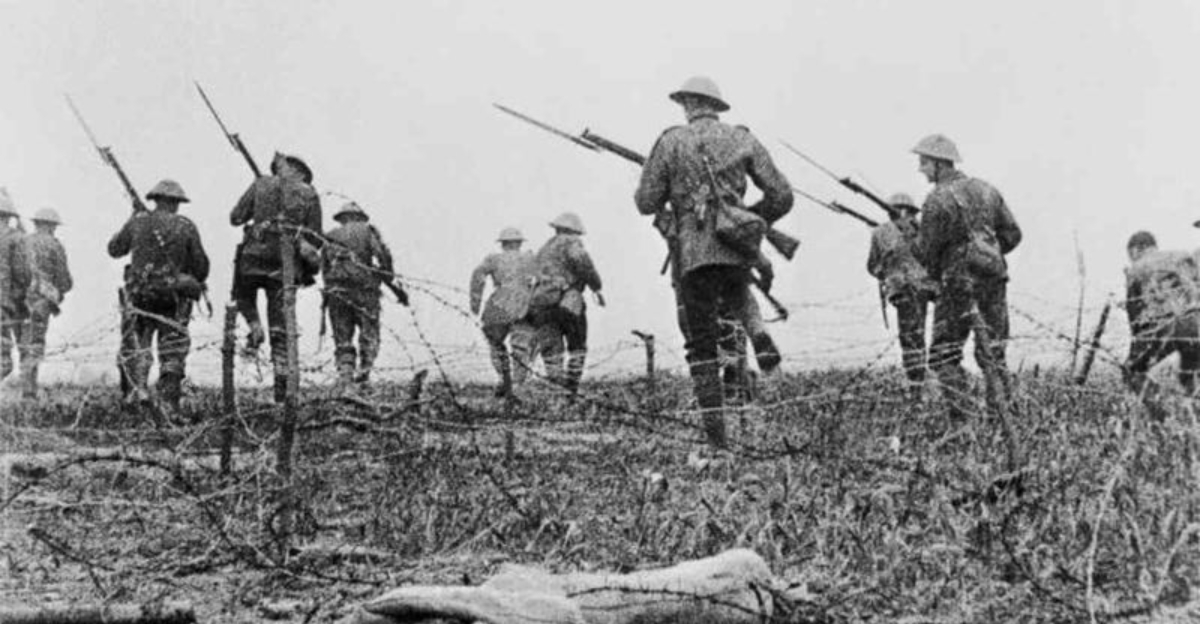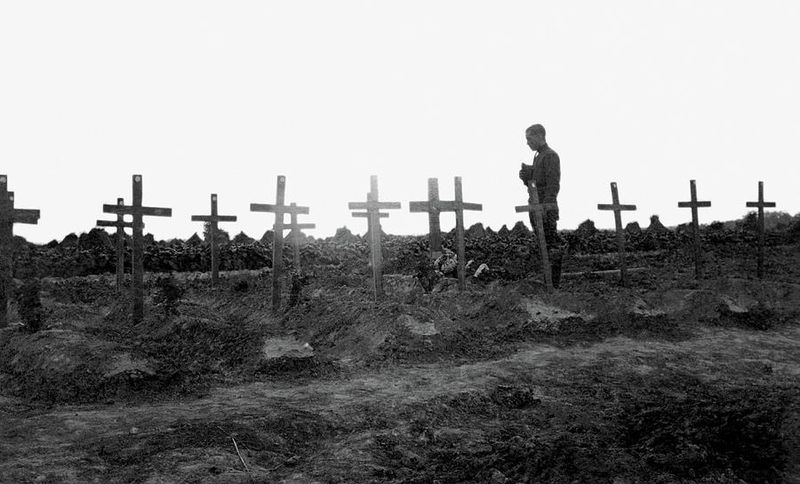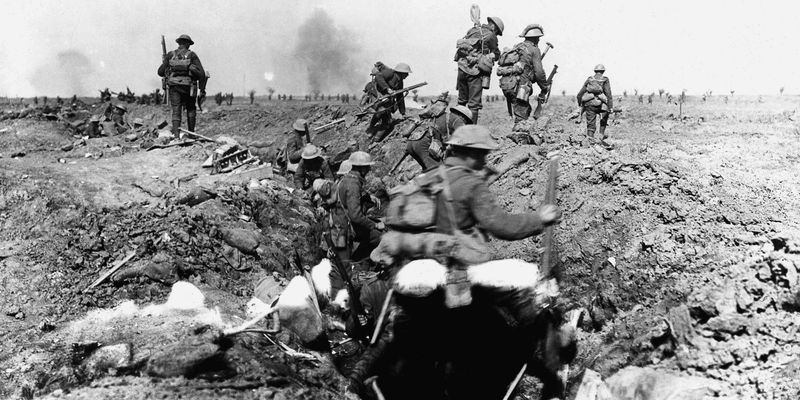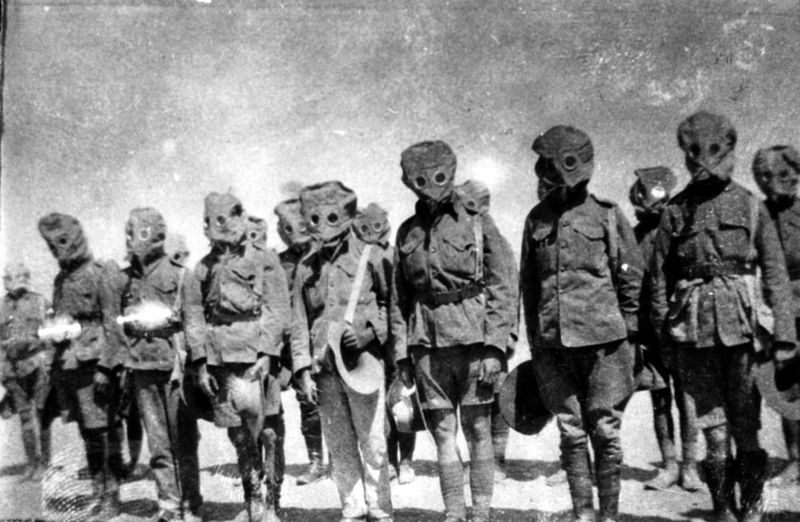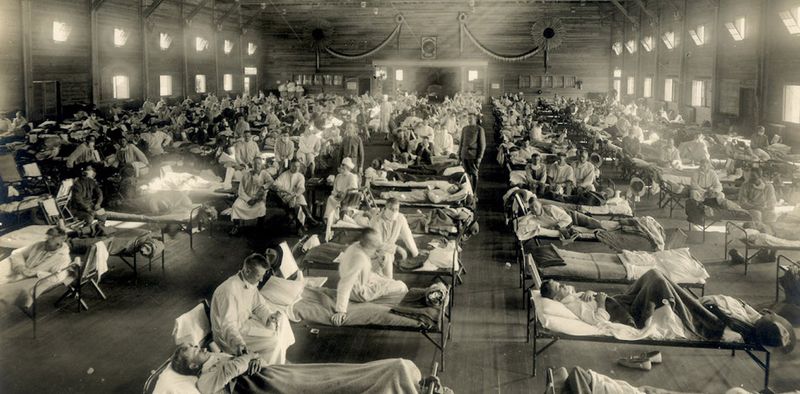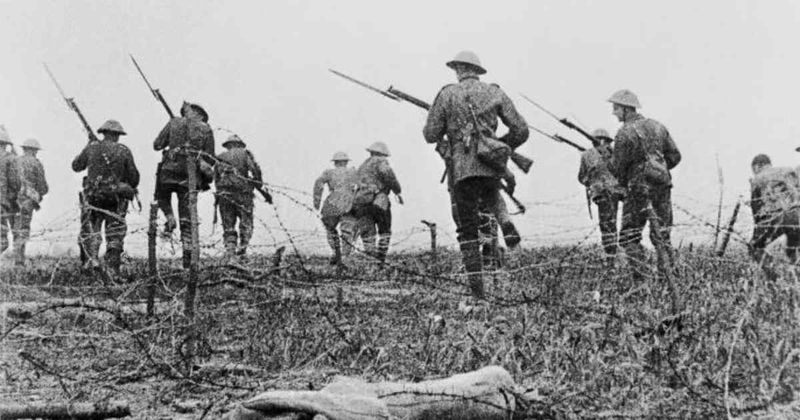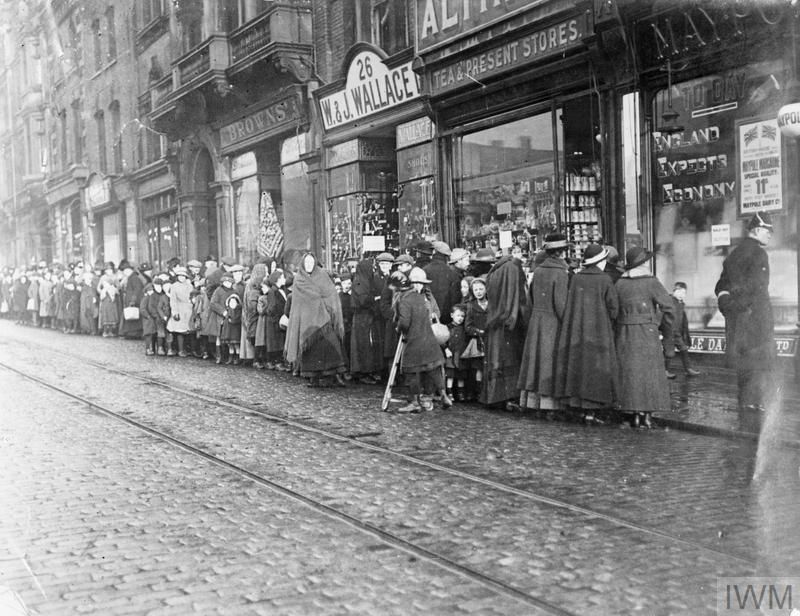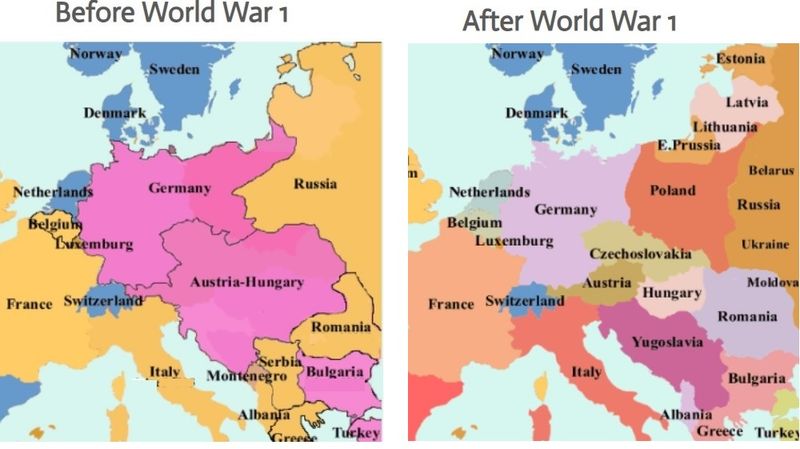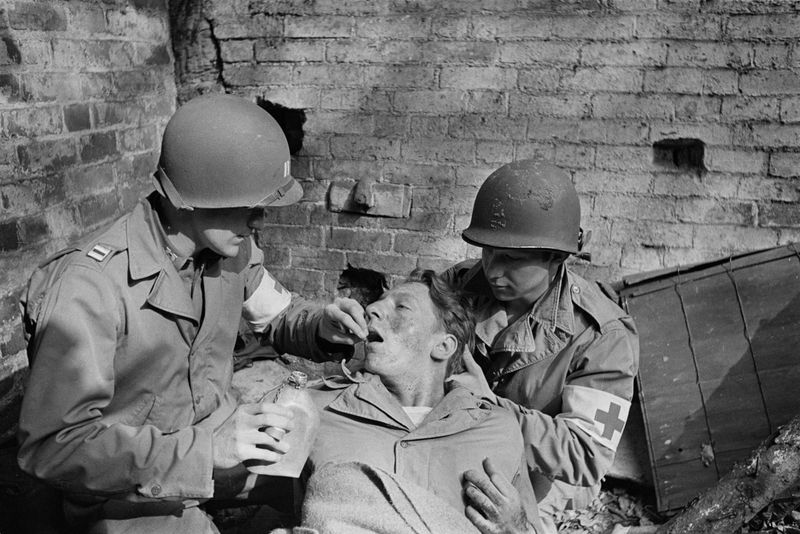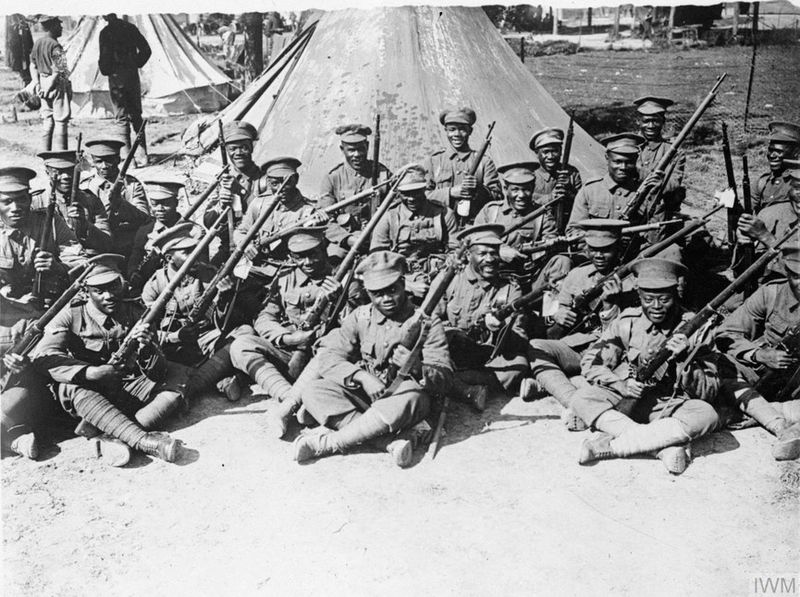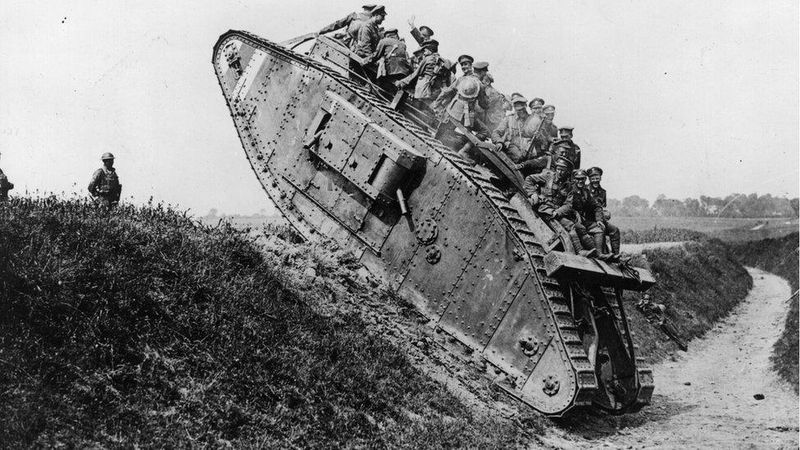World War I, often overshadowed by its successor, was a conflict of unprecedented scale and horror. It reshaped societies, devastated nations, and introduced warfare strategies and technologies that would alter the course of history. This blog post explores ten harrowing aspects of World War I that reveal its full impact and lasting repercussions.
1. The Scale of Death Was Unprecedented
The human cost of World War I was staggering. Over 16 million people, both military and civilian, perished. Entire generations of young men vanished, leaving communities shattered. The battles dragged on for months with minimal territorial gains. The magnitude of death was so great that it altered demographics and left scars in societies that are felt even today. Many families never recovered from the loss of their loved ones, forever altering the social fabric of nations.
2. Trench Warfare Was a Living Hell
Life in the trenches was nothing short of nightmarish. Soldiers were subjected to a grim existence, surrounded by mud, vermin, and disease. The stink of decaying bodies and human waste was inescapable. Beyond physical suffering, the mental toll was immense. Constant artillery bombardments and the threat of chemical weapons left many with severe psychological trauma, known today as PTSD. This relentless hellscape pushed soldiers to their limits and left scars that lasted a lifetime.
3. Chemical Weapons Caused Agonizing Deaths
World War I saw the horrific introduction of chemical weapons. Mustard gas, chlorine gas, and phosgene caused excruciating deaths, burning the lungs and blinding victims. Survivors often faced lifelong disabilities. The fear of gas attacks haunted soldiers, adding to the already overwhelming stress of battle. These weapons marked a dark chapter in warfare, revealing the depths of human cruelty and the relentless pursuit of more effective means of destruction.
4. The Spanish Flu Pandemic Made It Deadlier
The Spanish Flu pandemic compounded the horrors of World War I. As soldiers moved across continents, they unwittingly spread the virus, leading to a global health crisis. The flu struck swiftly, killing between 50 to 100 million people worldwide—far surpassing the war’s death toll. The crowded conditions of military camps and trenches provided fertile ground for the disease, making the pandemic one of the deadliest in history.
5. Soldiers Were Sent to Die in Futile Charges
World War I was marked by outdated military tactics that failed against modern weaponry. Generals often ordered massive, futile charges against machine-gun defenses, resulting in massive casualties. The Battle of the Somme and Verdun are infamous examples, with staggering losses for minimal gain. These tactics demonstrated a tragic disconnect between military leadership and the brutal realities faced by soldiers, who paid the ultimate price.
6. Starvation Was Used as a Weapon
Blockades during World War I turned food into a weapon of war. Countries like Germany suffered severe famines as supply lines were choked off. By 1918, around 750,000 German civilians had starved to death. Families resorted to eating rats and sawdust bread to survive. This grim strategy not only claimed lives but also weakened the home front, illustrating the harsh tactics employed during the conflict.
7. It Redrew the World Map in Disastrous Ways
The aftermath of World War I saw the world map dramatically altered. The Treaty of Versailles redrew borders, creating unstable nations and imposing harsh reparations on Germany. This sowed the seeds for future conflicts, including World War II. It also led to unrest in regions like the Middle East, where arbitrary borders ignored cultural and historical ties, leading to long-term instability and conflict.
8. Psychological Trauma Was Ignored
The psychological impact of World War I was profound, yet largely dismissed. Soldiers returning with severe mental trauma were often labeled as cowards. Many faced brutal treatments like electroshock therapy. This ignorance of mental health issues reflected societal attitudes of the time and left countless veterans without the support they desperately needed, highlighting a tragic oversight in the aftermath of the war.
9. Colonial Troops Were Exploited and Forgotten
Millions of colonial troops from Africa, India, and beyond fought for European powers in World War I. Despite their significant contributions, they were often denied recognition or equal pay. Promises of independence and equal rights were largely ignored, leaving a legacy of bitterness and injustice. These soldiers’ sacrifices were overshadowed by the broader narrative of the war, highlighting the exploitation inherent in colonial relationships.
10. It Was the Beginning of Modern Warfare
World War I ushered in an era of modern warfare. Innovations like tanks, flamethrowers, and aerial bombing transformed battlefields into industrialized slaughterhouses. The conflict set the stage for even more devastating wars in the century that followed. These advancements changed military tactics and had far-reaching implications, influencing how wars were fought and how societies were affected by them.
